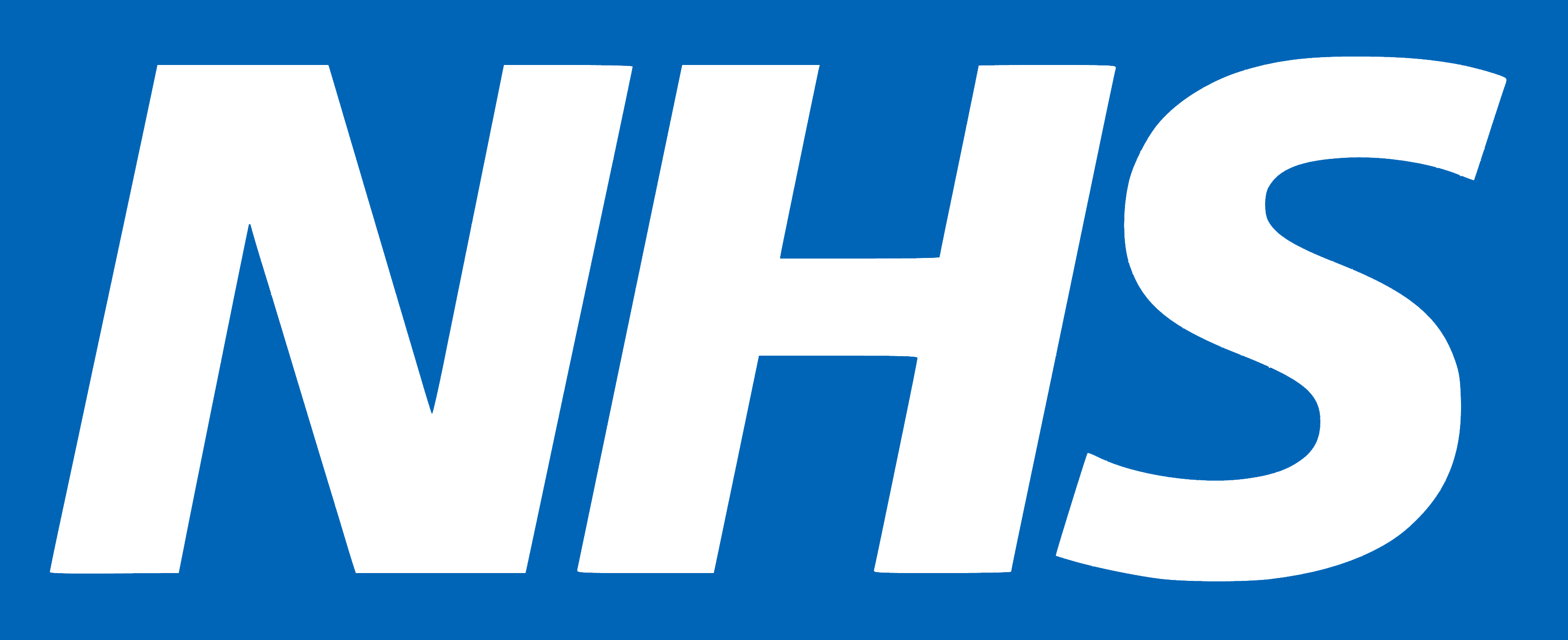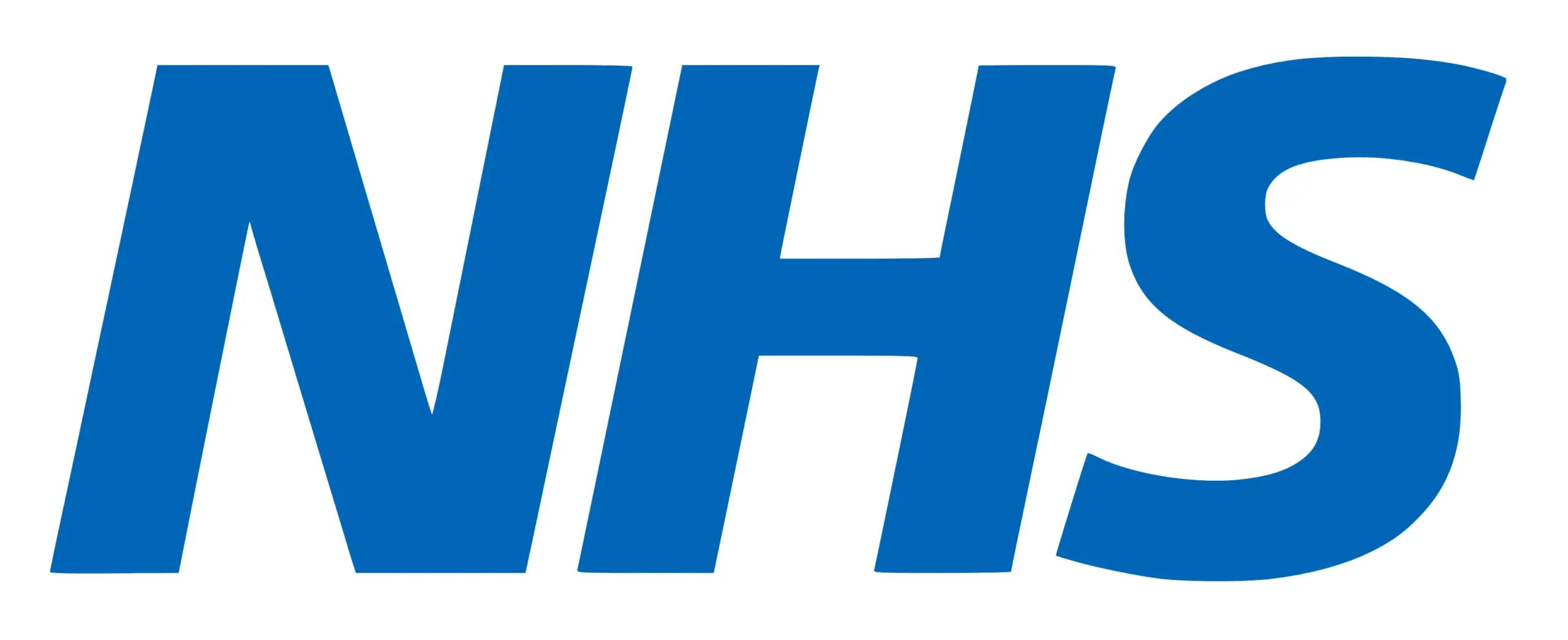General Practice Transparency Notice
This practice is supporting vital coronavirus (COVID-19) planning and research by sharing your data with NHS Digital. For more information about this see the General Practice Transparency Notice for GPES Data for Pandemic Planning and Research (COVID-19).
GP NET Earnings
All GP practices are required to declare the mean earnings (e.g. average pay) for GPs working to deliver NHS services to patients at each practice.
The average pay for GPs working in Cathedral Medical Group in the last financial year was £51,968 before tax and National Insurance. This is for 1 full time GP, 9 part time GPs, and no locum GPs who worked in the practice for more than six months.
Fair Processing Notice (Privacy Notice)
Your information, what you need to know
This privacy notice explains why we collect information about you, how that information will be used, how we keep it safe and confidential and what your rights are in relation to this.
Why we collect information about you
Health care professionals who provide you with care are required by law to maintain records about your health and any treatment or care you have received. These records help to provide you with the best possible healthcare and help us to protect your safety.
We collect and hold data for the purpose of providing healthcare services to our patients and running our organisation which includes monitoring the quality of care that we provide. In carrying out this role we will collect information about you which helps us respond to your queries or secure specialist services. We will keep your information in written form and/or in digital form.
Our Commitment to Data Privacy and Confidentiality Issues
As a GP practice, all of our GPs, staff and associated practitioners are committed to protecting your privacy and will only process data in accordance with the Data Protection Legislation. This includes the General Data Protection Regulation (EU) 2016/679 (GDPR) now known as the UK GDPR, the Data Protection Act (DPA) 2018, the Law Enforcement Directive (Directive (EU) 2016/680) (LED) and any applicable national Laws implementing them as amended from time to time. The legislation requires us to process personal data only if there is a legitimate basis for doing so and that any processing must be fair and lawful.
In addition, consideration will also be given to all applicable Law concerning privacy, confidentiality, the processing and sharing of personal data including the Human Rights Act 1998, the Health and Social Care Act 2012 as amended by the Health and Social Care (Safety and Quality) Act 2015, the common law duty of confidentiality and the Privacy and Electronic Communications (EC Directive) Regulations.
Data we collect about you
Records which this GP Practice will hold or share about you will include the following:
- Personal Data – means any information relating to an identified or identifiable natural person (‘data subject’); an identifiable natural person is one who can be identified, directly or indirectly, in particular by reference to an identifier such as a name, an identification number, location data, an online identifier or to one or more factors specific to the physical, physiological, genetic, mental, economic, cultural or social identity of that natural person.
- Special Categories of Personal Data – this term describes personal data revealing racial or ethnic origin, political opinions, religious or philosophical beliefs, or trade union membership, and the processing of genetic data, biometric data for the purpose of uniquely identifying a natural person, data concerning health or data concerning a natural person’s sex life or sexual orientation.
- Confidential Patient Information – this term describes information or data relating to their health and other matters disclosed to another (e.g. patient to clinician) in circumstances where it is reasonable to expect that the information will be held in confidence. Including both information ‘given in confidence’ and ‘that which is owed a duty of confidence’. As described in the Confidentiality: NHS code of Practice: Department of Health guidance on confidentiality 2003.
- Pseudonymised – The process of distinguishing individuals in a dataset by using a unique identifier which does not reveal their ‘real world’ identity.
- Anonymised – Data in a form that does not identify individuals and where identification through its combination with other data is not likely to take place
- Aggregated – Statistical data about several individuals that has been combined to show general trends or values without identifying individuals within the data.
How we use your information
Improvements in information technology are also making it possible for us to share data with other healthcare organisations for the purpose of providing you, your family and your community with better care. For example it is possible for healthcare professionals in other services to access your record with or without your permission when the practice is closed. Where your record is accessed without your permission it is necessary for them to have a legitimate basis in law. This is explained further in the Local Information Sharing at Appendix A.
Whenever you use a health or care service, such as attending Accident & Emergency or using Community Care services, important information about you is collected in a patient record for that service. Collecting this information helps to ensure you get the best possible care and treatment.
The information collected about you when you use these services can also be used and provided to other organisations for purposes beyond your individual care, for instance to help with:
- improving the quality and standards of care provided by the service
- research into the development of new treatments and care pathways
- preventing illness and diseases
- monitoring safety
- planning services
- risk stratification
- Population Health Management
Safeguarding of children or vulnerable adults
If we have significant concerns or hear about an individual child or vulnerable adult being at risk of harm, we may share relevant information with other organisations, such as local authorities and the Police, involved in ensuring their safety.
Statutory disclosures
Sometimes we are duty bound by laws to disclose information to organisations such as the Care Quality Commission, the Driver and Vehicle Licencing Agency, the General Medical Council, Her Majesty’s Revenue and Customs and Counter Fraud services. In these circumstances we will always try to inform you before we are required to disclose and we only disclose the minimum information that the law requires us to do so
This may only take place when there is a clear legal basis to use this information. All these uses help to provide better health and care for you, your family and future generations. Confidential patient information about your health and care is only used like this where allowed by law or with consent.
Pseudonymised or anonymised data is generally used for research and planning so that you cannot be identified.
A full list of details including the legal basis, any Data Processor involvement and the purposes for processing information can be found in Appendix A.
How long do we hold information for?
All records held by the Practice will be kept for the duration specified by national guidance from NHS Digital, Health and Social Care Records Code of Practice. Once information that we hold has been identified for destruction it will be disposed of in the most appropriate way for the type of information it is. Personal confidential and commercially confidential information will be disposed of by approved and secure confidential waste procedures. We keep a record of retention schedules within our information asset registers, in line with the Records Management Code of Practice for Health and Social Care 2021.
Individuals Rights under UK GDPR
Under UK GDPR 2016 the Law provides the following rights for individuals. The NHS upholds these rights in a number of ways.
- The right to be informed
- The right of access
- The right to rectification
- The right to erasure (not an absolute right) only applies in certain circumstances
- The right to restrict processing
- The right to data portability
- The right to object
- Rights in relation to automated decision making and profiling.
Your right to opt out of data sharing and processing
The NHS Constitution states ‘You have a right to request that your personal and confidential information is not used beyond your own care and treatment and to have your objections considered’.
Type 1 Opt Out
This is an objection that prevents an individual’s personal confidential information from being shared outside of their general practice except when it is being used for the purposes of their individual direct care, or in particular circumstances required by law, such as a public health screening, or an emergency like an outbreak of a pandemic disease. If patients wish to apply a Type 1 Opt Out to their record they should make their wishes know to the practice manager.
National data opt-out (NDOO)
The national data opt-out was introduced on 25 May 2018, enabling patients to opt-out from the use of their data for research or planning purposes, in line with the recommendations of the National Data Guardian in her Review of Data Security, Consent and Opt-Outs.
The national data opt-out replaces the previous ‘type 2’ opt-out, which required NHS Digital not to use a patient’s confidential patient information for purposes beyond their individual care, for Planning or Research. Any patient that had a type 2 opt-out recorded on or before 11 October 2018 has had it automatically converted to a national data opt-out. Those aged 13 or over were sent a letter giving them more information and a leaflet explaining the national data opt-out. For more information go to National data opt out programme
To find out more or to register your choice to opt out, please visit www.nhs.uk/your-nhs-data-matters.
On this web page you will:
- See what is meant by confidential patient information
- Find examples of when confidential patient information is used for individual care and examples of when it is used for purposes beyond individual care
- Find out more about the benefits of sharing data
- Understand more about who uses the data
- Find out how your data is protected
- Be able to access the system to view, set or change your opt-out setting
- Find the contact telephone number if you want to know any more or to set/change your opt-out by phone
- See the situations where the opt-out will not apply
Right of Access to your information (Subject Access Request)
Under Data Protection Legislation everybody has the right of access to, or request a copy of, information we hold that can identify them, this includes medical records. There are some safeguards regarding what patients will have access to and they may find information has been redacted or removed for the following reasons;
- It may be deemed to risk causing harm to the patient or others
- The information within the record may relate to third parties who are entitled to their confidentiality, or who have not given their permission for the information to be shared.
Patients do not need to give a reason to see their data. And requests can be made verbally or in writing. Although we may ask them to complete a form in order that we can ensure that they have the correct information required.
Where multiple copies of the same information is requested the surgery may charge a reasonable fee for the additional copies.
Patients will need to provide proof of identity to receive this information. We will not share information relating to you with other individuals without your explicit instruction or without sight of a legal document.
Patients may also request to have online access to their data, they may do this via the NHS APP, or via the practices system. If you would like to access your GP record online please contact the practice.
Further information about the service can be found at the privacy notices for the NHS App managed by NHS England.
Change of Details
It is important that you tell the surgery if any of your contact details such as your name or address have changed, or if any of your other contacts details are incorrect including third party emergency contact details. It is important that we are made aware of any changes immediately in order that no information is shared in error.
Mobile telephone number
If you provide us with your mobile phone number, we will use this to send you text reminders about your appointments or other health related information. It is within our legal duty as a public authority to keep our patients updated with important information.
We also use the NHS Account Messaging Service provided by NHS England to send you messages relating to your health and care. You need to be an NHS App user to receive these messages. Further information about the service can be found at the privacy notice for the NHS App managed by NHS England.
Email address
Where you have provided us with your email address, we will use this to send you information relating to your health and the services we provide. If you do not wish to receive communications by email please let us know.
Notification
Data Protection Legislation requires organisations to register a notification with the Information Commissioner to describe the purposes for which they process personal and sensitive information.
We are registered as a Data Controller and our registration can be viewed online in the public register at: http://ico.org.uk/what_we_cover/register_of_data_controllers
Any changes to this notice will be published on our website and in a prominent area at the Practice.
Data Protection Officer
Should you have any data protection questions or concerns, please contact our Data Protection Officer via the surgery.
What is the right to know?
The Freedom of Information Act 2000 (FOIA) gives people a general right of access to information held by or on behalf of public authorities, promoting a culture of openness and accountability across the public sector. You can request any non-personal information that the GP Practice holds, that does not fall under an exemption. You may not ask for information that is covered by the Data Protection Legislation under FOIA. However you can request this under a right of access request – see section above ‘Access to your information’.
Right to Complain
If you have concerns or are unhappy about any of our services, please contact the Practice Manager. Or via the ICO details listed below.
For independent advice about data protection, privacy and data-sharing issues, you can contact:
The Information Commissioner
Wycliffe House
Water Lane
Wilmslow
Cheshire
SK9 5AF
Phone: 0303 123 1113 Website: https://ico.org.uk/global/contact-us
The NHS Constitution
The NHS Constitution establishes the principles and values of the NHS in England. It sets out the rights patients, the public and staff are entitled to. These rights cover how patients access health services, the quality of care you’ll receive, the treatments and programs available to you, confidentiality, information and your right to complain if things go wrong.
The NHS Constitution for England – GOV.UK (www.gov.uk)
Please see Appendix A for further reference.


